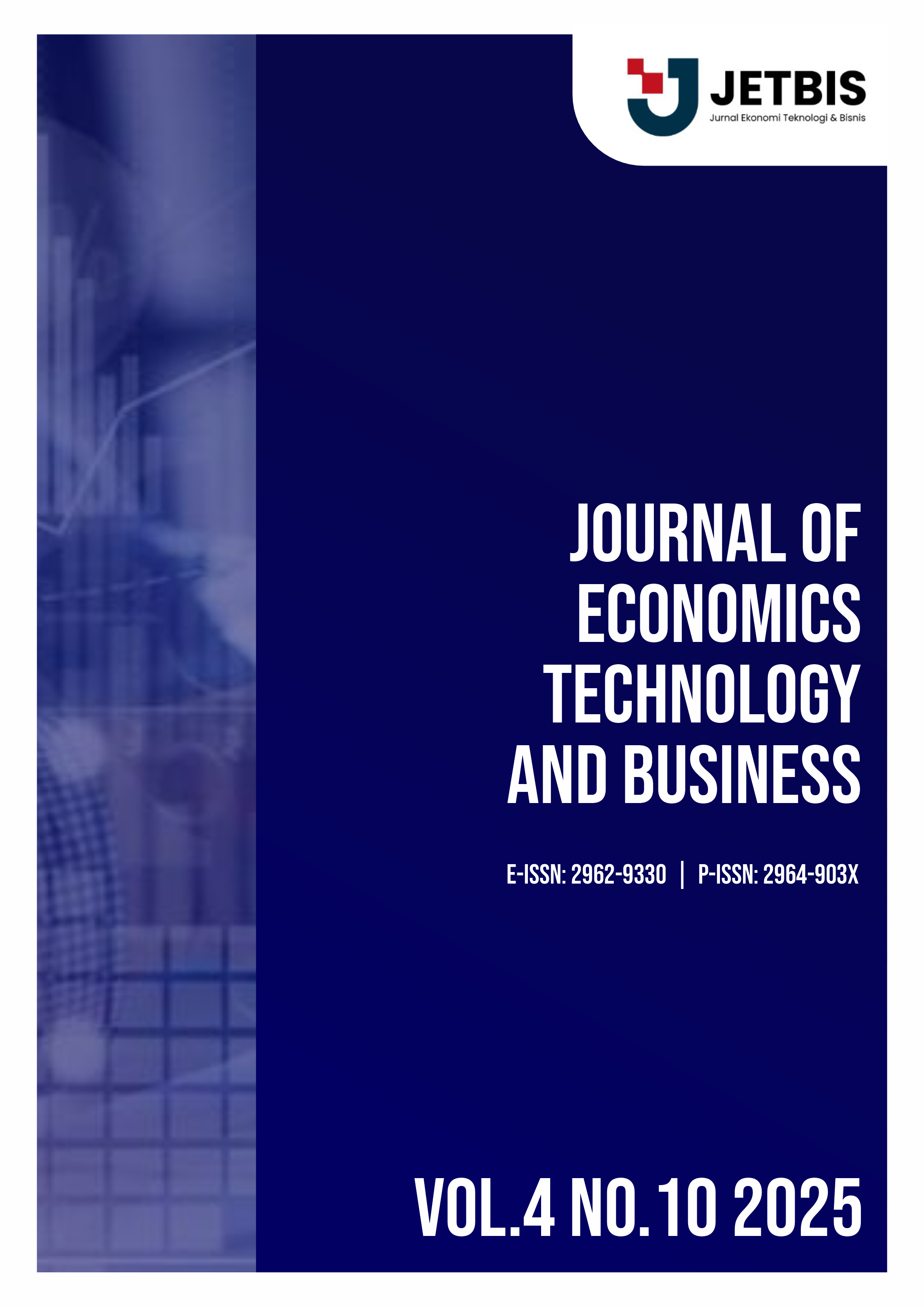Indonesian Islamic Banking and Finance: Responding to Digital Disruption Through Maqosid Integration and Product Innovation
DOI:
https://doi.org/10.57185/mrw92j79Keywords:
Islamic Banking, Digital Disruption, Maqasid al-Syariah, Product Innovation, Regulation, Fatwa MUIAbstract
Indonesian Islamic banking and finance face major challenges amid digital disruption driven by fintech, blockchain, open banking, and crypto assets. These rapid developments create opportunities for financial inclusion and product innovation but also introduce risks of sharianon-compliance, weak regulation, and declining public trust. This study explores Islamic banking strategies in responding to these challenges through the integration of maqosid al syari'ah product innovation, while recommending therenewal of OJK regulations and DSN-MUI fatwas. Using a qualitative approach with SWOT analysis on academic literature, regulatory reports, and shariafatwas, this research identifies that the main strength of Islamic banking lies in its sharialegitimacy and support from the Muslim community. However, weaknesses persist in low shariadigital literacy and regulatory lag. Opportunities arise from blockchain technology, digital payments, and hybrid instruments like digital sukuk, whereas threats emerge from conventional fintech competition and shariareputation risks. Integrating maqosid al syari'ah strengthens digital product innovation through principles of property protection (hifz al-mal), intellectual protection (hifz al-mal), and life protection (hifz al-mal). The findings highlight the need for maqosid based, technology-adaptive regulations and responsive shariafatwasto ensure compliance and innovation. Consequently, Indonesian Islamic banking can sustain growth, enhance competitiveness, and strategically navigate the evolving digital landscape.









